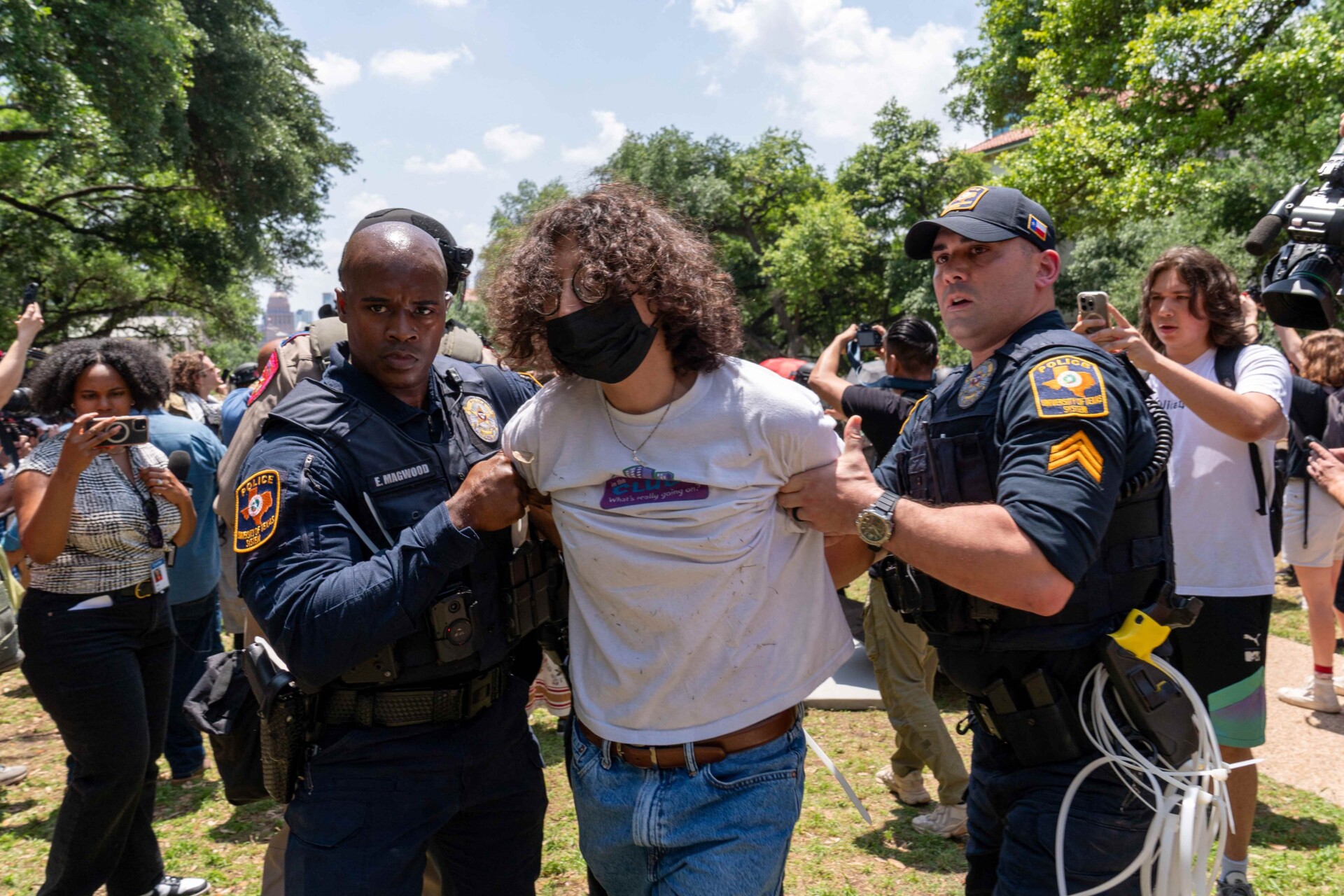A strong majority of Americans rate free speech as “very important”, with the issue ranking second only to inflation in its influence on Americans’ votes, according to a new poll.
Based on a new report by the Foundation for Individual Rights and Expression (FIRE) and NORC, 63% of respondents rated free speech as very important, a higher proprtion than crime, immigration, health care, abortion, gun policy and Supreme Court appointments.
While about 90% of both Republicans and Democrats believed free speech was at least “somewhat important”, Republicans were more concerned about the issue, with 70% rating speech “very important” compared to only 60% of Democrats. Republicans were also 21 points more likely to report feeling somewhat concerned about their ability to speak freely, and 25 points more likely to feel they could speak less freely today compared to four years ago.
The polarisation of free speech issues has played out in recent years both in Democrats’ concerns about legal restrictions on school libraries and curriculum pertaining to LGBT and racial issues and, conversely, Republicans’ concerns about government suppression of conservative social media content. Both political groupings saw high rates of distrust in the opposing parties, the poll found. More than 70% of both Republicans and Democrats said they were “not too” or “not at all” confident the opposing party would protect their free speech rights.
Meanwhile, independents had low rates of confidence in both Democrats and Republicans on free speech issues, at 62% and 61% respectively.
Other polls have found that Americans strongly favour free speech in the abstract, but when it comes to controversial speech, support drops. In a Vanderbilt poll conducted earlier this year, 90% of respondents said it was impossible to have a democracy without free speech, but 41% said certain subjects or speakers should be prohibited. A 2022 NYT-Sienna poll also found high support for free speech in general and low support for the protection of controversial speech. A majority of respondents said it was acceptable to prohibit flag burnings, name-calling on social media and other constitutionally protected activities.
“Republicans trust Republicans to protect their speech, and Democrats trust Democrats,” FIRE’s Chief Research Advisor Sean Stevens said in a press release. “But the true test of commitment to free speech is whether politicians protect dissenting speech.”










Join the discussion
Join like minded readers that support our journalism by becoming a paid subscriber
To join the discussion in the comments, become a paid subscriber.
Join like minded readers that support our journalism, read unlimited articles and enjoy other subscriber-only benefits.
Subscribe